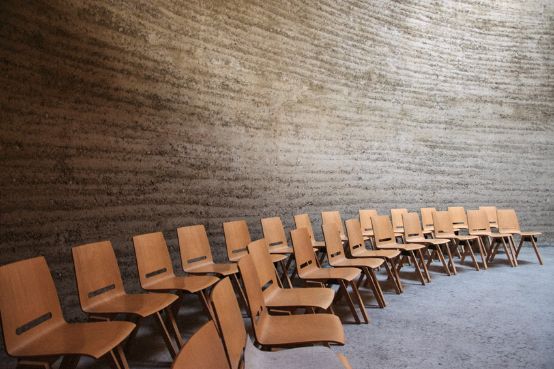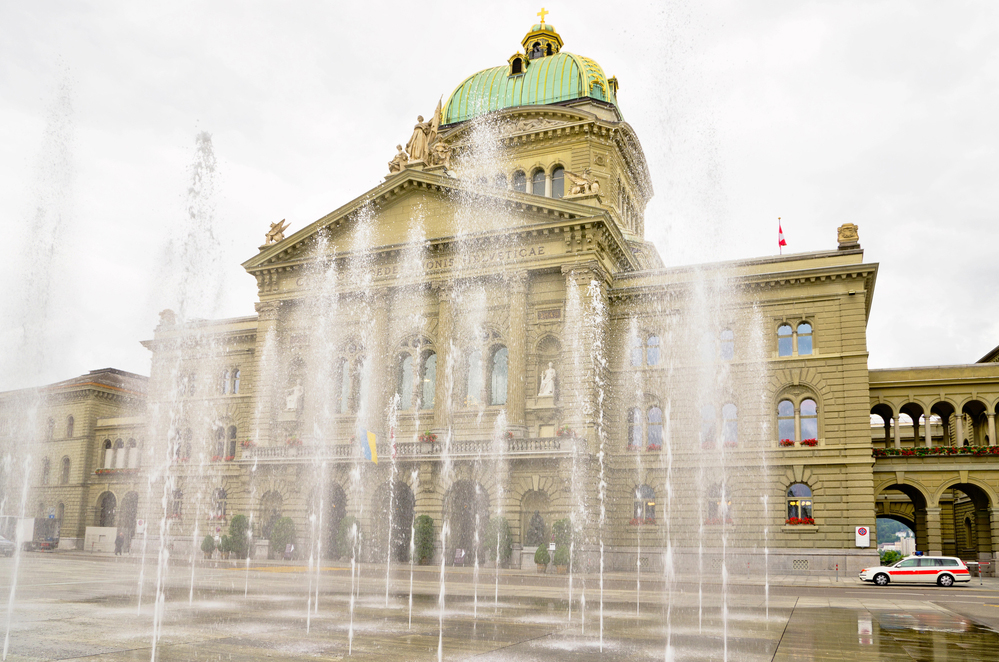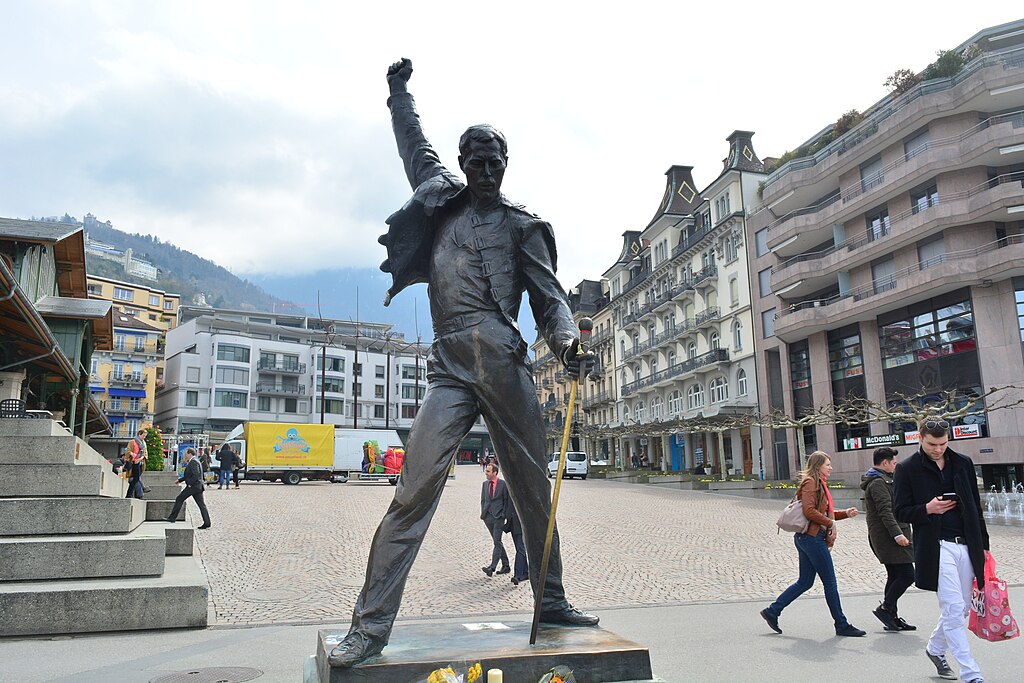Still no prospects
Following the Federal Council's decision on March 19, there is no perspective for cultural event organizers after 13 months, and rehearsals in the amateur sector also remain restricted. The Covid-19 Act takes into account the key demands of cultural associations.

The Culture Taskforce writes on March 25, 2021:
"The Federal Council will not decide on the next steps towards reopening until April 14. For cultural events, which often have a considerable planning lead time, this means that there is still no planning certainty. Major summer festivals are therefore canceling in turn. The cultural sector is dependent on a timetable being communicated now that includes statements on which events can take place again under which conditions and approval criteria and from when. If the Federal Council is unable to make this statement, we expect a decision by the end of March as to how long which event sizes will remain banned.
It is already becoming apparent that 2021 will be just as bitter a year for culture as 2020, with as yet unforeseeable long-term damage to cultural diversity. Wherever possible, cultural events must be able to take place. In particular, a differentiated approach to the various forms of events is needed.
Spring session of Parliament: amendments to the Covid-19 Act
Parliament has met some of the key demands of around 100 cultural associations and organizations as well as over 10,000 individuals who signed a petition from the Culture Taskforce within a very short space of time.
Amendments to the Covid-19 Act in line with the Culture Taskforce:
- The cost ceilings for culture-specific measures have been removed from the law. Should additional funds become necessary, which is already foreseeable, a supplementary credit can be requested from Parliament.
● "Freelancers" (employees with frequently changing, fixed-term project-related employment contracts) also have access to loss of earnings compensation.
● Cultural professionals can again apply for compensation retroactively as of November 1, 2020
● The threshold for access to the coronavirus income replacement for the self-employed has been lowered (a loss of turnover of 30% now applies instead of 40%).
● The deadline for payment of the full salary (short-time working compensation) for low incomes has been extended until the end of June.
● The Federal Council now has the option of extending the maximum period of entitlement to short-time working compensation from the current 18 to 24 months.
The law also includes a protective shield for events (Art. 11a - Measures concerning public events), which is a step in the right direction. However, the following questions and problems arise in this context:
- How quickly will it be implemented and what will be in the federal ordinance?
- We consider the requirement that events must have a cantonal permit to be problematic. Even in normal operation, permits are only issued relatively shortly before the event.
- Furthermore, only public events of supracantonal importance are covered by the protective shield and the cantons are involved in the financing. As a result, there is a risk that the protective shield will come too late for many events and that 26 different cantonal solutions will emerge.
The industry is happy to make its know-how available for the development.








